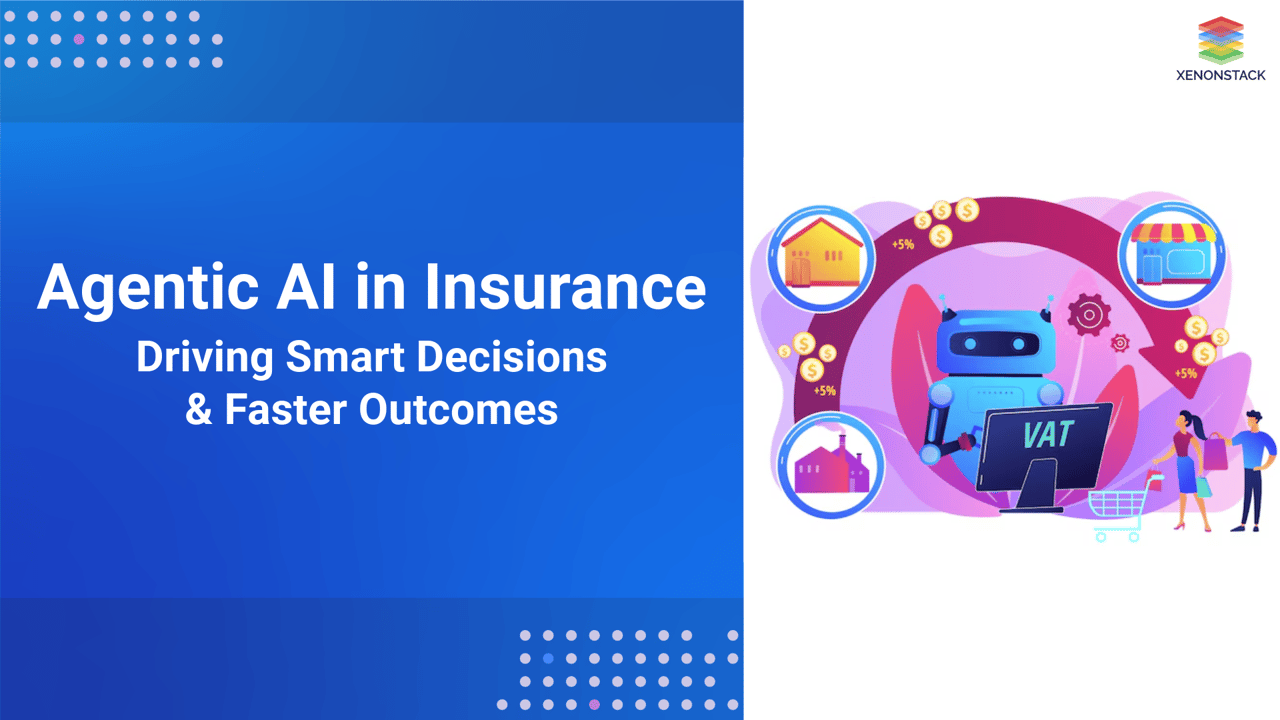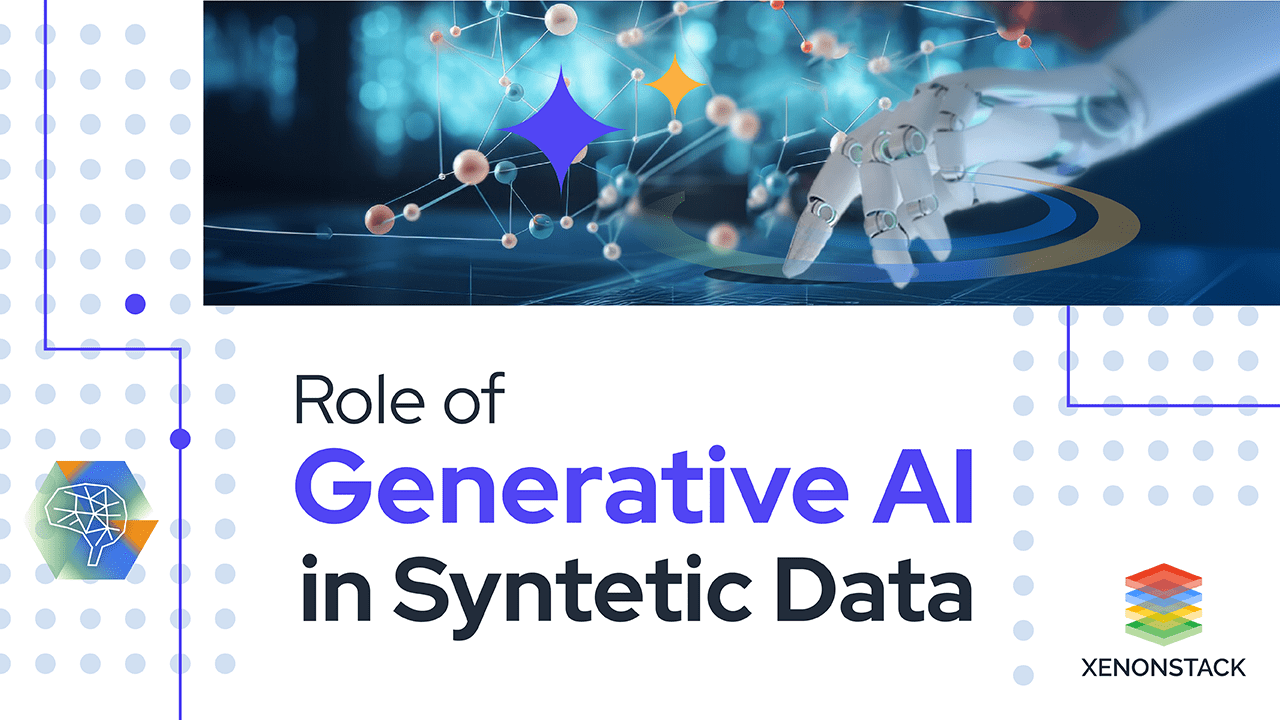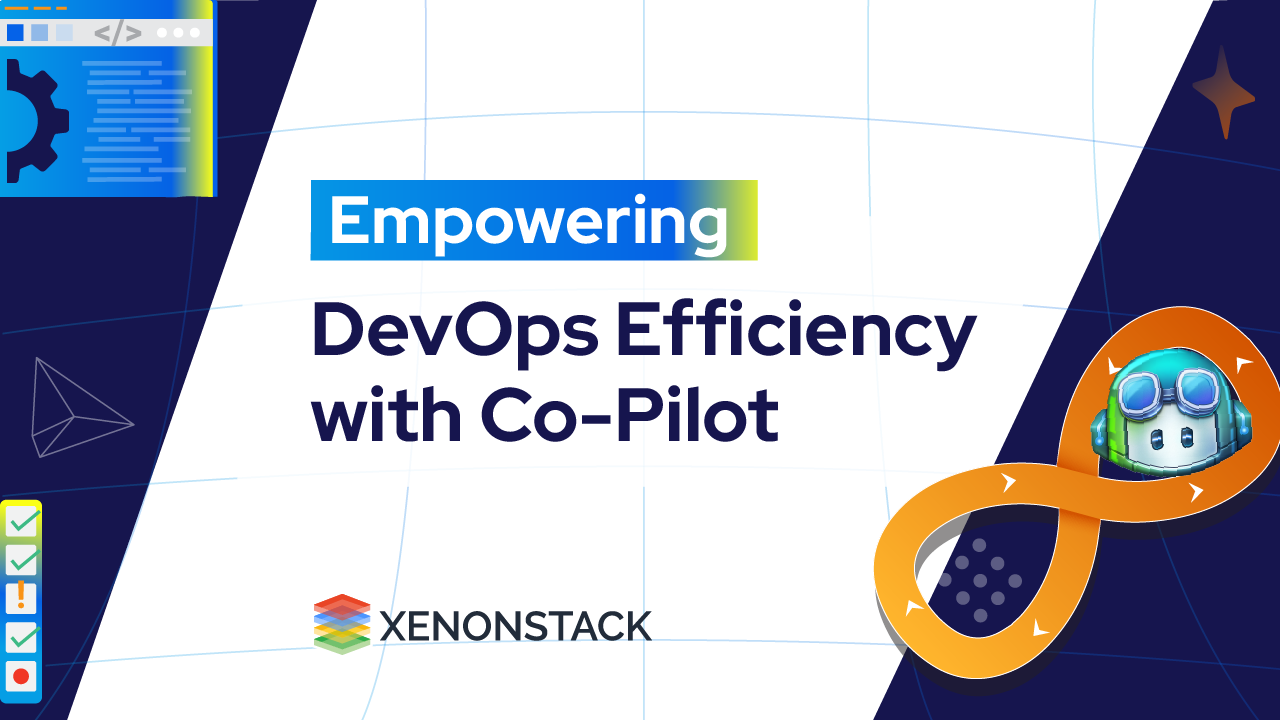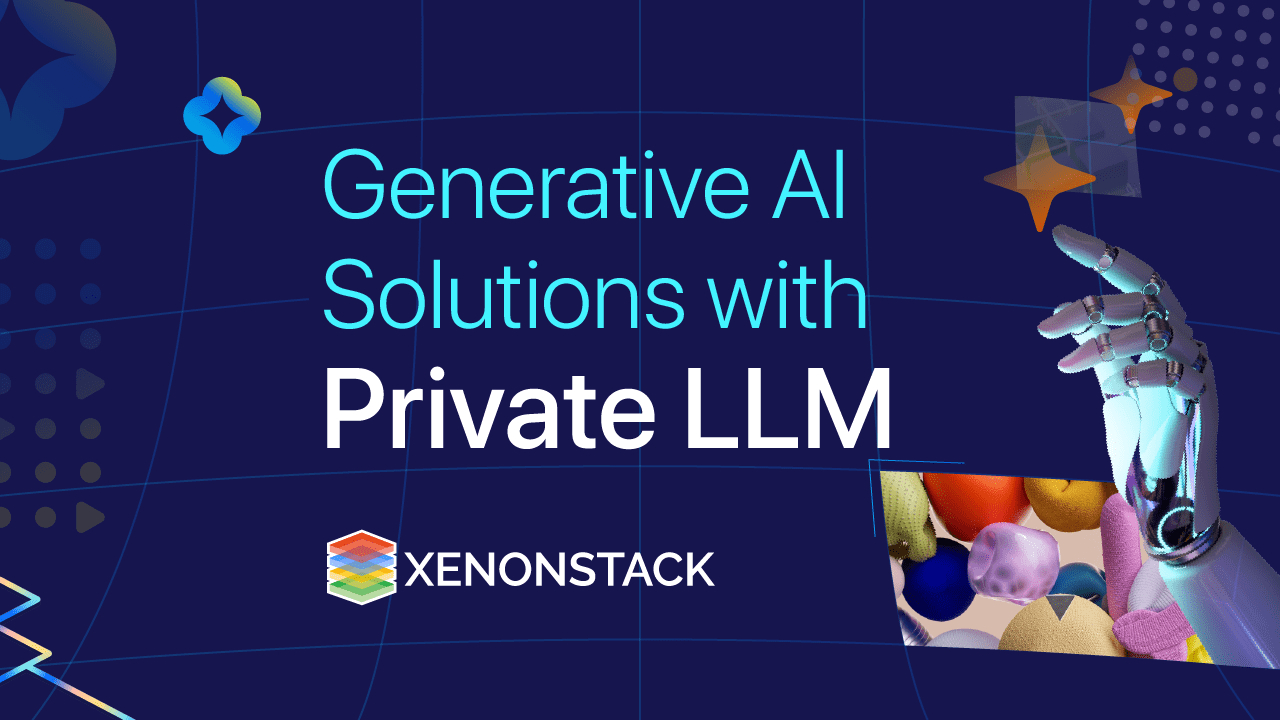
Key Applications of Agentic AI in Insurance Claims
1. AI-Powered Claims Assistants
-
Conversational AI agents with natural language processing (NLP) assist customers in real-time.
-
These agents collect and verify information, reducing errors in claims submission.
-
AI assistants proactively notify users of missing or incorrect details.
2. Autonomous Claims Processing
-
Agentic AI bots evaluate claims in real-time, matching them against policy terms.
-
Smart adjudication engines verify eligibility, minimizing the need for human intervention.
-
End-to-end automation expedites settlements, reducing delays.
3. AI-Driven Fraud Detection and Prevention
-
Agentic AI detects fraudulent activities by analyzing historical patterns and anomalies.
-
Behavioral analysis and biometric verification add layers of security to prevent fraud.
-
Real-time decision-making allows insurers to flag suspicious claims instantly.
4. Dynamic Risk Assessment and Underwriting
-
AI-powered agents continuously update risk profiles based on real-world data.
-
Real-time analytics help insurers adjust risk models and pricing dynamically.
-
Personalized policy recommendations enhance coverage accuracy.
5. Edge AI for Instant Claims Processing
-
IoT-integrated sensors in vehicles and homes send real-time damage reports.
-
AI agents autonomously assess impact severity and recommend claim settlements.
-
Instant claim payouts reduce frustration and improve customer satisfaction.
6. Privacy-Preserving AI for Compliance and Security
-
Anonymizer agents remove personally identifiable information (PII) from customer data.
-
Federated learning ensures compliance with data privacy regulations.
-
AI agents continuously monitor and adapt to evolving legal frameworks.
According to a report by McKinsey & Company, AI-enabled claims management can reduce claims-processing time by up to 70% and lower the cost of claims handling by 30%.
Benefits of Agentic AI Across the Insurance Ecosystem
Enhanced Efficiency and Cost Reduction
-
Automating repetitive tasks reduces operational costs and reallocates human resources to higher-value activities.
-
Intelligent claims adjudication minimizes errors, reducing rework and processing time.
Personalized Customer Experiences
-
AI-driven insights enable hyper-personalization in customer interactions.
-
Adaptive insurance agents tailor coverage and claims processes to individual needs.
Improved Fraud Detection and Security
-
AI-powered risk models dynamically evolve to detect fraudulent activities.
-
Biometric authentication and anomaly detection ensure robust security measures.
Greater Compliance and Governance
-
Agentic AI ensures regulatory adherence through built-in compliance monitoring.
-
Automated audits and reporting reduce the risk of legal penalties.
Strategy for Implementing Agentic AI in Insurance

Assess Organizational Readiness
Before implementing AI, organizations must evaluate their existing infrastructure, workforce capabilities, and data ecosystem to ensure seamless adoption.
-
Infrastructure Assessment: Evaluate IT systems, data storage, and processing capabilities for AI deployment readiness.
-
Workforce Readiness: Identify skill gaps and invest in training to foster an AI-driven culture.
Start with Pilot Projects
To minimize risks and understand AI scalability, begin with small-scale initiatives.
-
Targeted Use Cases: Focus on high-impact areas like claims processing or fraud detection.
-
Measure Success with Key Metrics:
-
Processing speed
-
Cost efficiency
-
Accuracy improvements
-
Establish a Strong Data Foundation
High-quality data is essential for Agentic AI to function effectively. Insurers should prioritize building a robust data infrastructure.
-
Data Integration: Consolidate data from various sources, including legacy systems, into a unified repository.
-
Data Cleaning & Labeling: Ensure datasets are accurate, structured, and complete to enhance AI model performance.
Collaborate with AI Experts
Engaging with AI consulting firms can streamline implementation and ensure best practices.
-
Vendor Selection: Choose providers with a proven track record in insurance-specific AI solutions.
-
Co-Creation: Work with AI specialists to customize models that align with business goals.
Implement Effective Change Management
AI adoption can face resistance from employees and customers. A strategic change management approach helps drive acceptance.
-
Stakeholder Buy-In: Clearly communicate AI’s value to executives, employees, and customers.
-
Continuous Training: Provide ongoing learning opportunities to help employees adapt to AI-enhanced workflows.
Ensure Compliance & Ethical AI Usage
AI models must comply with industry regulations and ethical standards to mitigate risks.
-
Regulatory Compliance: Collaborate with legal teams to adhere to GDPR, HIPAA, and other relevant laws.
-
Bias Mitigation: Conduct regular audits to detect and address potential biases in AI algorithms.
Scale and Optimize AI Deployment
Once a pilot project proves successful, expand AI capabilities across business functions while refining processes.
-
Phased Rollout: Gradually introduce Agentic AI in underwriting, customer service, and risk management.
-
Continuous Improvement: Use feedback loops and performance analytics to enhance AI precision and efficiency.
AI System Monitoring & Maintenance
Ongoing monitoring ensures AI systems remain efficient and aligned with evolving business needs.
-
Performance Tracking: Regularly assess AI impact using key performance indicators (KPIs).
-
Model Updates: Continuously retrain AI models with fresh data to maintain accuracy and relevance.
Use Cases of Agentic AI in Insurance
Automated Claims Settlement
Challenge: Traditional claims processing is manual, slow, and prone to errors, leading to delays and lower customer satisfaction.
How Agentic AI Helps:
-
Automates the entire claims lifecycle, from assessment to validation and approval.
-
Uses image recognition and NLP to analyze claim documents and damaged photos in real-time.
-
Identifies anomalies and potential fraud, enabling faster resolution.
Business Impact:
-
Cuts claim processing time from weeks to hours.
-
Enhances operational efficiency by reducing manual intervention.
-
Boosts customer satisfaction through rapid settlements.
Risk Assessment
Challenge: Traditional risk models rely on static data and struggle to adapt to dynamic risk factors like climate change, economic shifts, or behavioral trends.
How Agentic AI Helps:
-
Uses real-time data from IoT devices and geospatial sources for accurate risk predictions.
-
Leverages predictive analytics to simulate potential risks and create tailored policy options.
-
Enables adaptive underwriting by updating risk profiles dynamically.
-
Improves risk profiling accuracy, reducing mispriced policies.
-
Attracts high-value customers with personalized policies.
-
Lowers claims payouts through proactive risk mitigation.
Fraud Detection
Challenge: Insurance fraud costs billions annually, eroding trust and increasing operational risks.
How Agentic AI Helps:
-
Processes vast datasets to identify fraudulent patterns.
-
Uses anomaly detection and behavioral analytics for real-time fraud monitoring.
-
Integrates with blockchain to verify transactions and claim authenticity.
Business Impact:
-
Reduces financial losses caused by fraudulent claims.
-
Strengthens regulatory compliance and internal audits.
-
Enhances brand reputation through transparency and trust.
Customer Engagement & Retention
Challenge: Generic insurance products fail to meet the diverse needs of modern consumers, leading to dissatisfaction
How Agentic AI Helps:
-
Delivers hyper-personalized policies and recommendations based on customer data.
-
Enhances engagement through AI-powered chatbots and proactive communication.
-
Uses sentiment analysis to refine offerings and address customer concerns.
-
Increases policyholder satisfaction and loyalty.
-
Enhances customer lifetime value through continuous engagement.
-
Drives growth by offering tailored solutions aligned with customer needs.
Strategic Value of Agentic AI Investments
Investing in Agentic AI delivers transformative value in multiple dimensions:
1. Profitability and Growth
-
AI-driven personalization expands market reach.
-
Autonomous claims processing improves retention through seamless experiences.
2. Operational Intelligence and Efficiency
-
AI-powered claims agents provide real-time insights for better decision-making.
-
Automated risk assessments enhance policy accuracy and reduce financial losses.
3. Future-Proofing Insurance Models
-
AI continuously evolves, ensuring insurance firms remain competitive in a rapidly changing landscape.
-
Scalable AI architectures enable long-term adaptability and innovation.
Conclusion: A Smarter, Seamless Insurance Future
Agentic AI is transforming the insurance industry by driving efficiency, enhancing customer experiences, and optimizing costs. From automated underwriting to fraud detection and real-time claims processing, AI-powered agents are making insurance faster, smarter, and more secure.
As insurers move toward a digital-first model, they must strategically implement Agentic AI to maximize its potential. The future of insurance lies in intelligent, autonomous systems that provide speed, accuracy, and reliability, ensuring financial security while maintaining customer trust.





